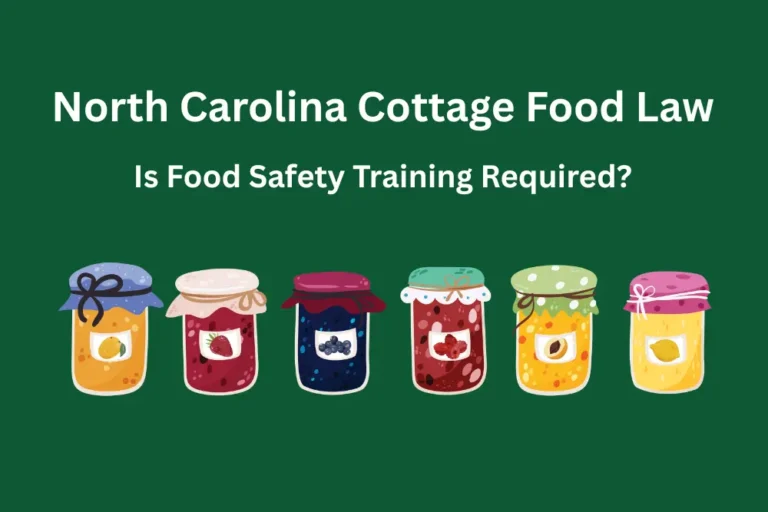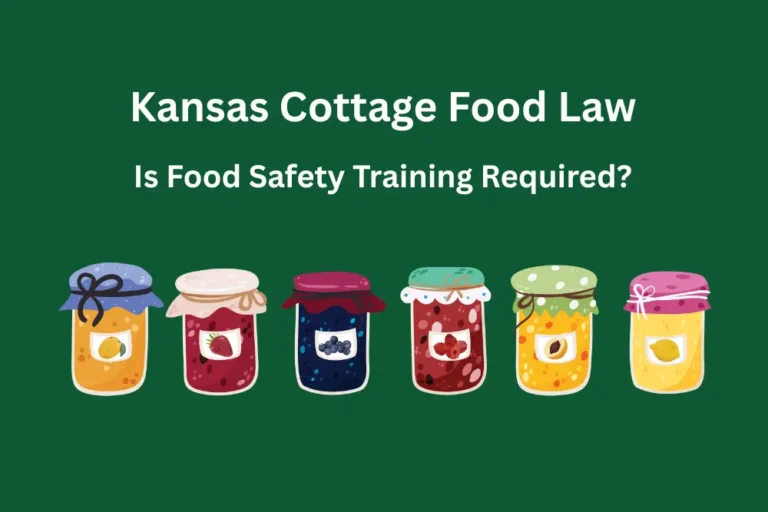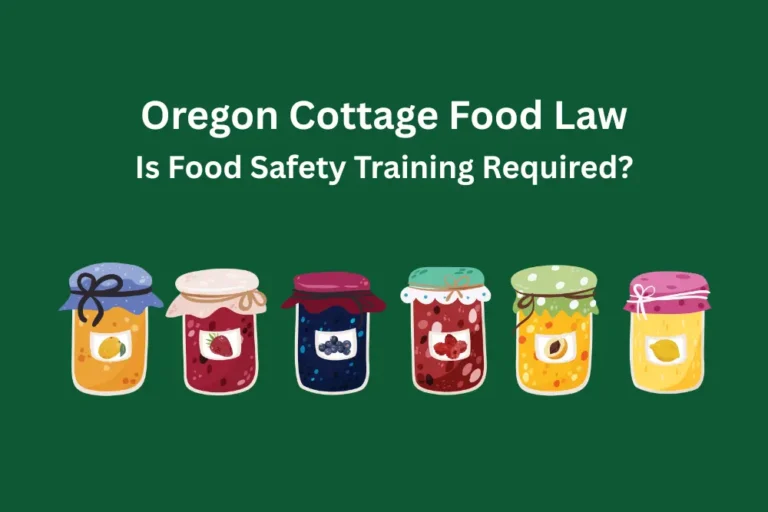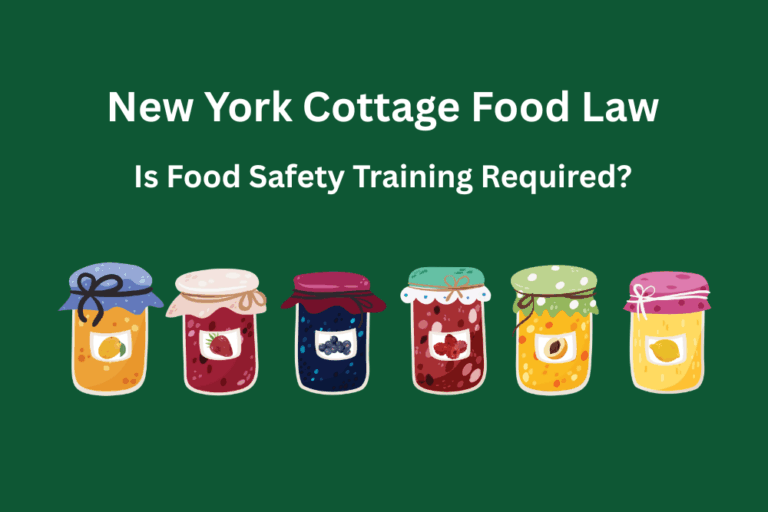Idaho Cottage Food Law: Do You Need Food Safety Training?
Article Summary
Selling homemade food in Idaho? The cottage food law doesn’t require food handler training, but getting your card can still give your business an edge. This quick video explains why it’s worth it, what you’re allowed to sell, and how to get your food handler card online with FoodSafePal.
Selling homemade food can be a great way to share your products and earn extra income, but every state has its own rules you need to follow.
Each state sets its own cottage food laws that define what you can make, where and how you can sell it, and whether you need food safety training.
This article explains Idaho’s cottage food law and whether you need food safety training to sell homemade food.
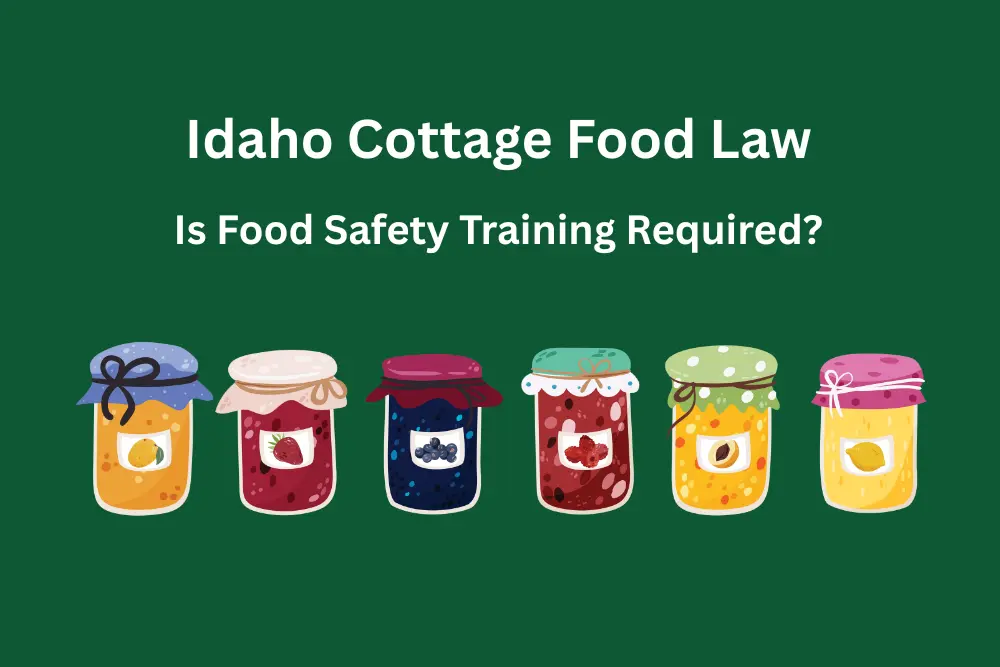
Idaho cottage food law
Idaho allows you to make and sell many types of homemade, non–time/temperature control for safety (non-TCS) foods directly to consumers without a license or permit.
Here are examples of allowed foods:
- Baked goods like breads, cookies, cakes, muffins, and pastries that don’t require refrigeration
- Fruit jams and jellies
- Honey
- Fruit pies
- Candies and confections that don’t require refrigeration
- Dried fruits (with a natural pH below 4.6)
- Dry herbs, spices, and seasoning blends
- Cereals, granola, trail mixes, and snack mixes
- Nuts and nut mixes
- Popcorn and popcorn balls
- Vinegars and flavored vinegars
- Tinctures that don’t make medicinal claims
These products must be shelf-stable and safe to store at room temperature.
You cannot sell foods that require refrigeration or time/temperature control for safety. Examples include dairy products, cheesecakes, meat, poultry, seafood, canned vegetables, soups, low-acid or acidified canned goods (like pickles), dehydrated vegetables, and pumpkin pies that are not proven to be shelf-stable.
If you want to sell any of those items, you must meet the requirements for a regulated food establishment through your local Public Health District.
You can sell directly to people in person, online, or by mail order within Idaho. You cannot sell to restaurants, grocery stores, or through wholesale or consignment arrangements, and you cannot ship products outside of Idaho.
Summary
Idaho allows you to produce and sell a wide variety of shelf-stable homemade foods directly to people without a license, but you cannot sell perishable or TCS foods or sell your products out of state.
Do you need food safety training to sell homemade food in Idaho?
Idaho does not require food safety training or an Idaho food handler card to sell homemade food.
Still, completing a food safety course is a good idea — both for protecting your customers and for building trust in your business. Some farmers markets, event organizers, or even insurance providers may ask for proof of food safety training.
In Idaho, you have two options:
- The free Idaho Food Safety Exam from the Department of Health and Welfare, which provides a basic food handler certificate.
- A nationally recognized ANSI-National Accreditation Board (ANAB)–accredited food handler course, which is national recognized and accepted by health departments.
FoodSafePal’s Food Handler course is ANAB-accredited, 100% online, and takes about 90 minutes to complete. Once you pass, you’ll get immediate access to your food handler card and certificate, plus the option to order a printed version for display at markets or for your records.
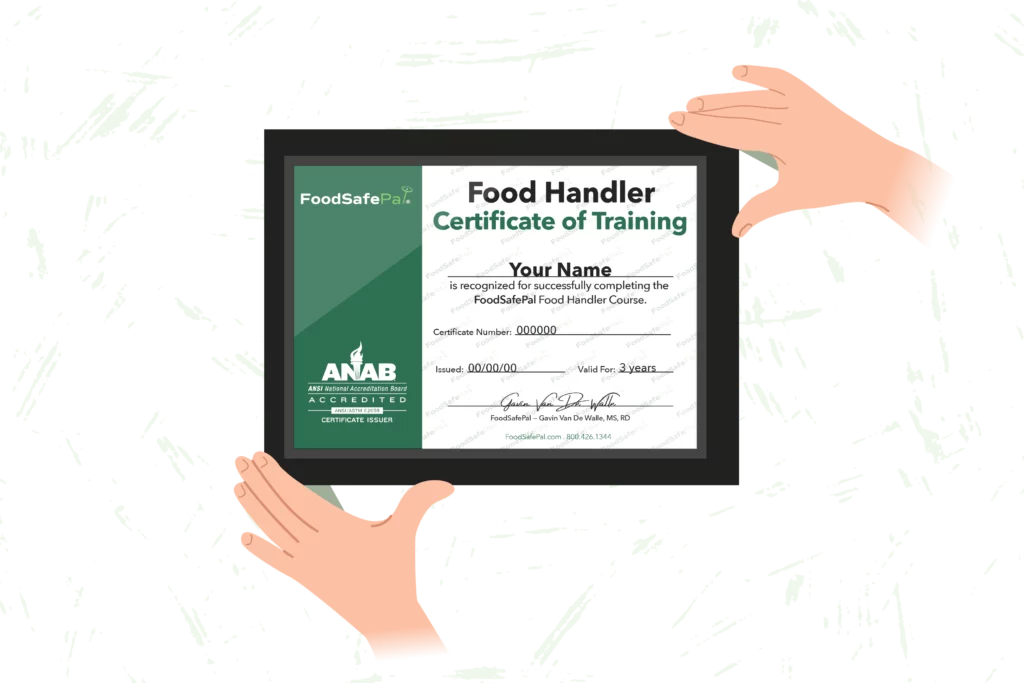
Get Your Idaho Food Handlers Card
Instant certificate. 100% online in about 90 minutes.
Summary
Food safety training isn’t required in Idaho, but earning a food handler card — whether through the state exam or an ANAB-accredited course like FoodSafePal’s — can help you gain credibility, meet venue requirements, and show customers you take food safety seriously.
Labeling requirements
Idaho requires your food products to include a label or clearly visible placard with certain information.
At minimum, you must include:
- The name and contact information of the cottage food operation (such as your address, phone number, or email)
- The following statement:
“This food was prepared in a home kitchen that is not subject to regulation and inspection by the regulatory authority and may contain allergens.”
While not required, it’s also good practice to include:
- The common or usual name of the product
- An ingredient list in descending order by weight
- The net weight or quantity of the product
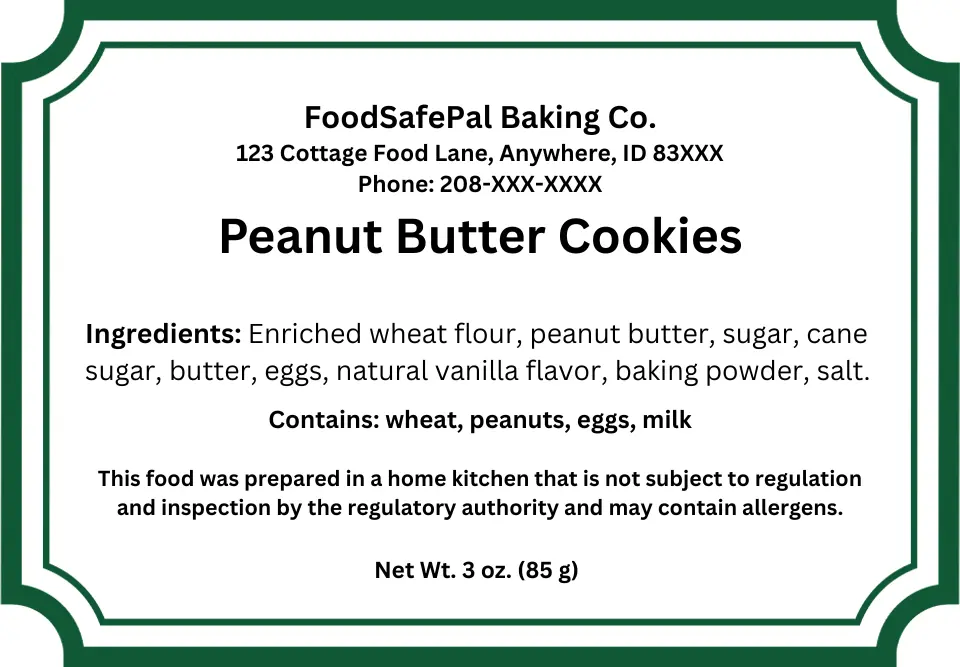
Labels can appear directly on the packaging or on a sign displayed at the point of sale.
Summary
Every product you sell must display the your contact information and the required statement about home preparation and potential allergens. Although not required, including the product name, ingredient list, and net weight helps people make informed choices and gives your products a more professional appearance.
The bottom line
Idaho’s cottage food law allows you to make and sell many types of shelf-stable homemade foods directly to people without a permit or license.
You cannot sell perishable or TCS foods like meat, seafood, dairy, canned vegetables, or pickled and acidified products.
Food safety training isn’t required, but taking the Idaho’s food safety exam or completing an ANAB-accredited course from FoodSafePal can strengthen your business, increase buyer confidence, and help you meet market or insurance requirements.
All products must include the required allergen statement and your contact information either on the label or at the point of sale.

Get Your Idaho Food Handlers Card
Instant certificate. 100% online in about 90 minutes.

